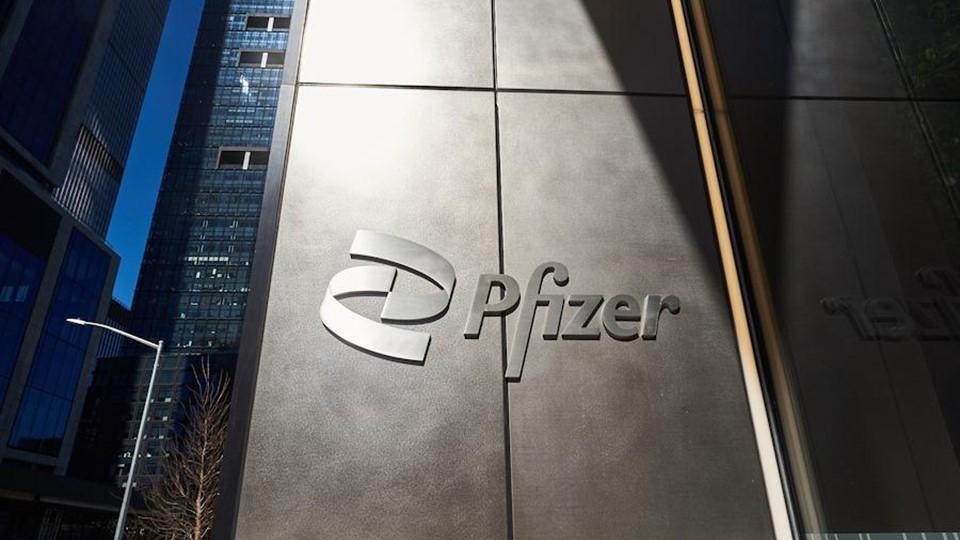Pfizer pauses DMD gene therapy trial after boy’s death

The death of a young boy with Duchenne muscular dystrophy (DMD) who was treated with Pfizer’s experimental gene therapy in a phase 2 trial has prompted the company to pause dosing in another study.
The child – who died of a cardiac arrest – was treated with the one-shot fordadistrogene movaparvovec (PF-06939926) therapy in the DAYLIGHT study at the beginning of 2023. The trial, which has completed enrolment, is studying the intravenously-administered gene therapy in boys aged two to three with the muscle-wasting disorder.
As a precaution, Pfizer has now suspended dosing in a phase 3 trial called CIFFREO, which included a placebo arm, according to a letter sent to and made public by the Parent Project Muscular Dystrophy (PPMD) patient advocacy group.
Two-thirds of the boys in that study, aged four to seven, were randomised to the gene therapy and have already been dosed, while the remaining third had a placebo infusion. The pause applies to children in the control arm who are eligible to receive the treatment in the second year of the study.
Pfizer has said it is deeply saddened by the death and is reviewing the safety data with PF-06939926 with the help of the study’s independent data monitoring committee to try to understand what happened.
At the moment, CIFFREO is the only clinical trial of the gene therapy in which patients have not yet been dosed, so no other ongoing trials are affected by the suspension. Results from the main placebo-controlled portion of the study are due later this month.
“The safety and well-being of the patients in our clinical trials remains our top priority, and we are committed to sharing more information with the medical and patient community as soon as we can,” says the letter, signed by the Pfizer DMD gene therapy team.
“We are also aware that many in the patient community are hopeful about the potential benefit of fordadistrogene movaparvovec for the treatment of DMD, and we will continue to collect data from our trials to evaluate its ability to address this disease,” it adds.
It is not the first time that Pfizer has paused administration of the gene therapy. In 2021, the unexpected death of a young male patient in a phase 1b study led to the FDA placing a clinical hold on the candidate, which was lifted in 2022 after an investigation concluded that PF-06939926 was unlikely to have been the cause.
The importance of Pfizer’s candidate has been heightened in the minds of the DMD community after the only FDA-approved gene therapy for DMD, Roche/Sarepta’s Elevidys (delandistrogene moxeparvovec) failed to meet its primary objective in a phase 3 trial that was designed to upgrade its accelerated approval and expand use from the current eligible age range of four to five.
In a statement, the PPMD said: “Our hearts ache for this family, and this loss underscores the critical importance of understanding what transpired to ensure the safety of all individuals participating in clinical trials. As a community, it is imperative that we come together to support each other during this time and work collectively towards making advancements in research, while prioritising safety above all else.”













